New Zealand’s organic wine industry has carved a niche in the global market, often pitted against heavyweights like France. But which is truly superior? Let’s dive deeper into this intriguing comparison, considering the unique attributes of each region, their economic impacts, and the latest industry trends.
The Organic Wine Landscape in New Zealand
New Zealand’s organic wine industry has grown rapidly, fueled by the country's commitment to sustainability and innovation. The Ministry for Primary Industries reported a notable increase in certified organic vineyards, accounting for nearly 10% of total vineyard area by 2023. This shift reflects a broader trend towards environmentally friendly practices across various sectors in New Zealand, reinforcing the country's green credentials.
Case Study: Babich Wines – A Pioneer in Organic Wine
Problem: Babich Wines, established in 1916, faced challenges in differentiating themselves in a competitive global market.
Action: They transitioned to organic farming in the late 2010s, focusing on sustainability and quality.
Result: By 2023, Babich Wines reported a 30% increase in international sales, driven by growing demand for organic products.
Takeaway: New Zealand wineries can leverage organic practices to enhance their global market presence, aligning with consumer preferences for sustainable products.
France: Tradition Meets Innovation
France, the world's wine capital, has long been synonymous with premium wines. However, the shift towards organic production has been slower compared to New Zealand. Despite this, French wineries are increasingly embracing organic farming, driven by changing consumer preferences and stringent EU regulations. According to the International Organisation of Vine and Wine, France saw a 20% increase in organic vineyards between 2018 and 2023.
Case Study: Château Latour – A French Icon
Problem: Château Latour aimed to maintain its prestigious reputation amidst growing competition and environmental concerns.
Action: The vineyard achieved organic certification in 2018, emphasizing eco-friendly practices.
Result: Their organic wines have received critical acclaim, increasing their market share in key regions.
Takeaway: French wineries can successfully integrate organic practices without compromising traditional excellence, appealing to modern consumers.
Pros and Cons: New Zealand vs. France
New Zealand:
- Pros: Innovative practices, strong sustainability credentials, increasing international market share.
- Cons: Smaller production scale, higher production costs due to stringent organic standards.
France:
- Pros: Rich winemaking heritage, established global reputation, expanding organic sector.
- Cons: Slower transition to organic practices, regulatory challenges.
Economic Impact and Industry Trends
In New Zealand, the wine industry contributes significantly to the economy, with exports exceeding NZD 2 billion in 2022, according to Stats NZ. The shift towards organic production is expected to further enhance these figures, driven by premium pricing and consumer demand.
Globally, the organic wine market is projected to grow at a CAGR of 10.4% from 2023 to 2028, as reported by Wine Intelligence. This trend presents an opportunity for both New Zealand and France to capitalize on the growing demand for organic products.
Future Trends and Predictions
By 2028, it is predicted that organic wines will account for 25% of total wine production in New Zealand, driven by technological advancements and government support for sustainable practices. In France, organic vineyards are expected to reach 30% of total vineyard area, as wineries continue to adapt to environmental regulations and consumer expectations.
Common Myths and Mistakes
- Myth: Organic wine is always more expensive.
- Reality: While organic wines can be pricier due to production costs, market competition has led to a wider range of affordable options.
- Myth: Organic wines are inferior in taste.
- Reality: Many organic wines have received critical acclaim, proving that quality is not compromised.
Conclusion
In the debate of New Zealand's organic wine versus France's, both regions offer distinct advantages. New Zealand's innovative practices and sustainability efforts position it as a rising star in the organic wine market. Meanwhile, France's rich heritage and expanding organic sector continue to attract global consumers. For wine enthusiasts and industry professionals, the choice ultimately depends on personal preference and values.
What are your thoughts on the future of organic wines in New Zealand and France? Share your insights below!
People Also Ask
- How does organic wine production impact New Zealand's economy? Organic wine production enhances New Zealand's economy by boosting exports and meeting the growing demand for sustainable products, contributing significantly to the NZD 2 billion wine export industry.
- What challenges do New Zealand wineries face? New Zealand wineries face challenges such as higher production costs, smaller production scale, and the need to maintain quality while adopting organic practices.
- How is France adapting to the organic wine trend? France is increasingly adopting organic practices, driven by consumer demand and EU regulations, with organic vineyards growing by 20% between 2018 and 2023.
- Why should consumers consider organic wine? Organic wine offers environmental benefits, reduced chemical exposure, and often enhanced taste, making it an appealing choice for health-conscious consumers.
Related Search Queries
- New Zealand organic wine market trends
- France vs. New Zealand wine quality
- Organic wine production methods
- Benefits of organic wine
- Sustainable winemaking practices
- Top organic wines in New Zealand
- French wine industry regulations
- Environmental impact of organic wine
- Organic vs. conventional wine
- Future of organic wine industry







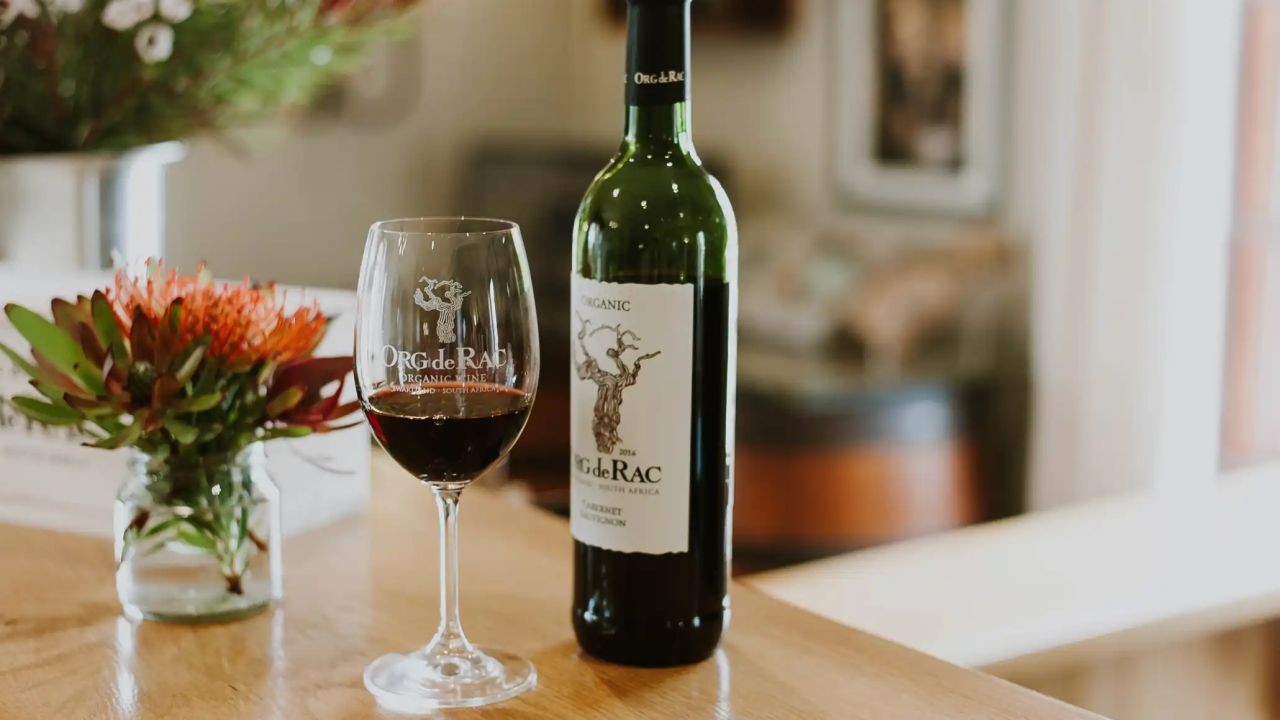














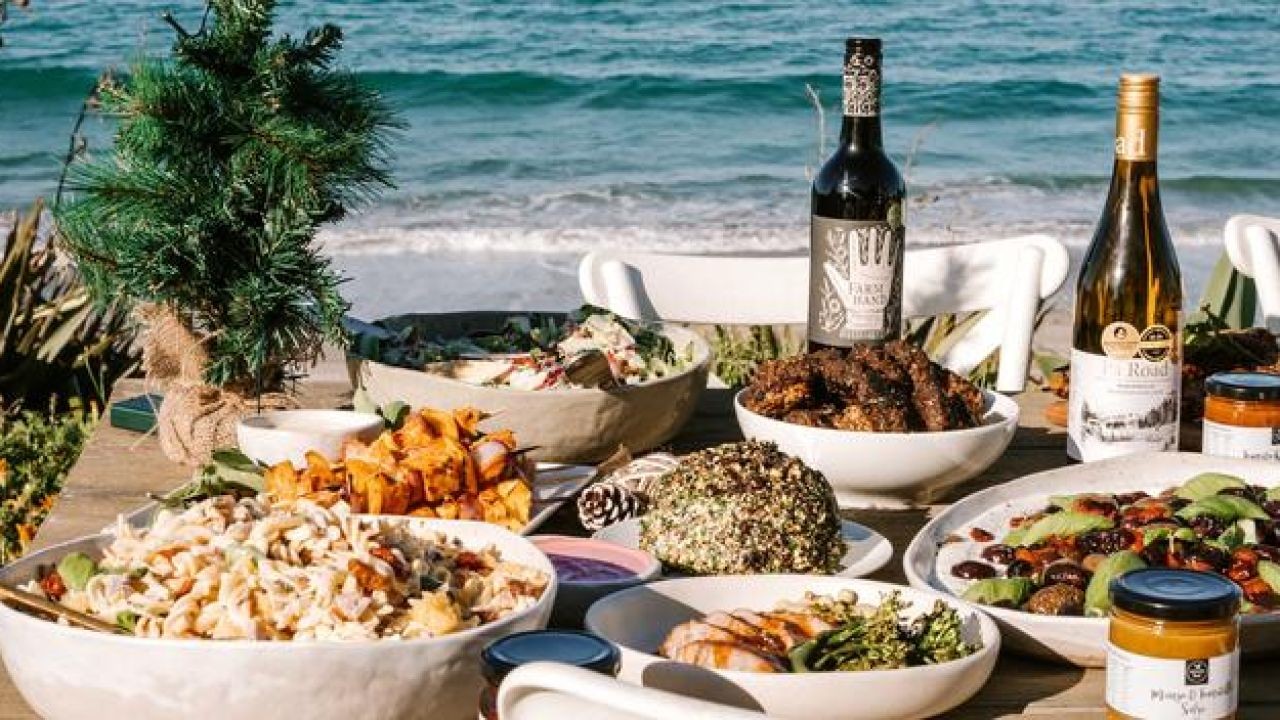


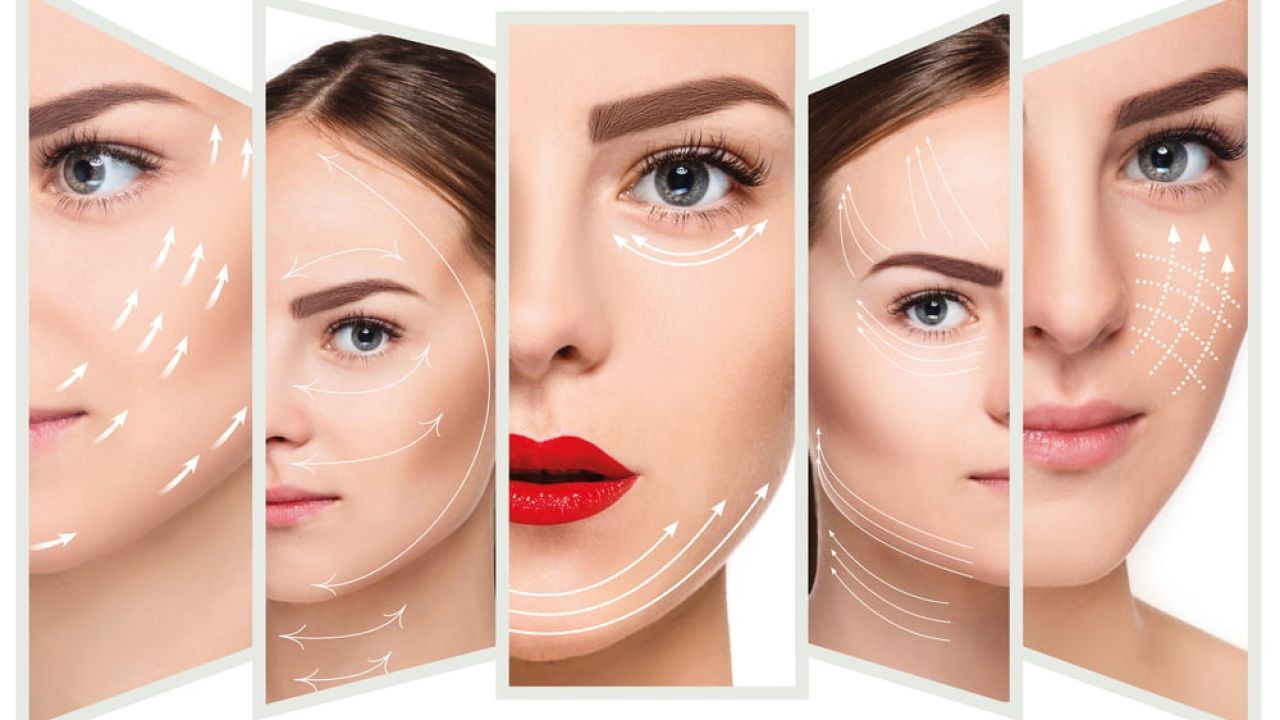




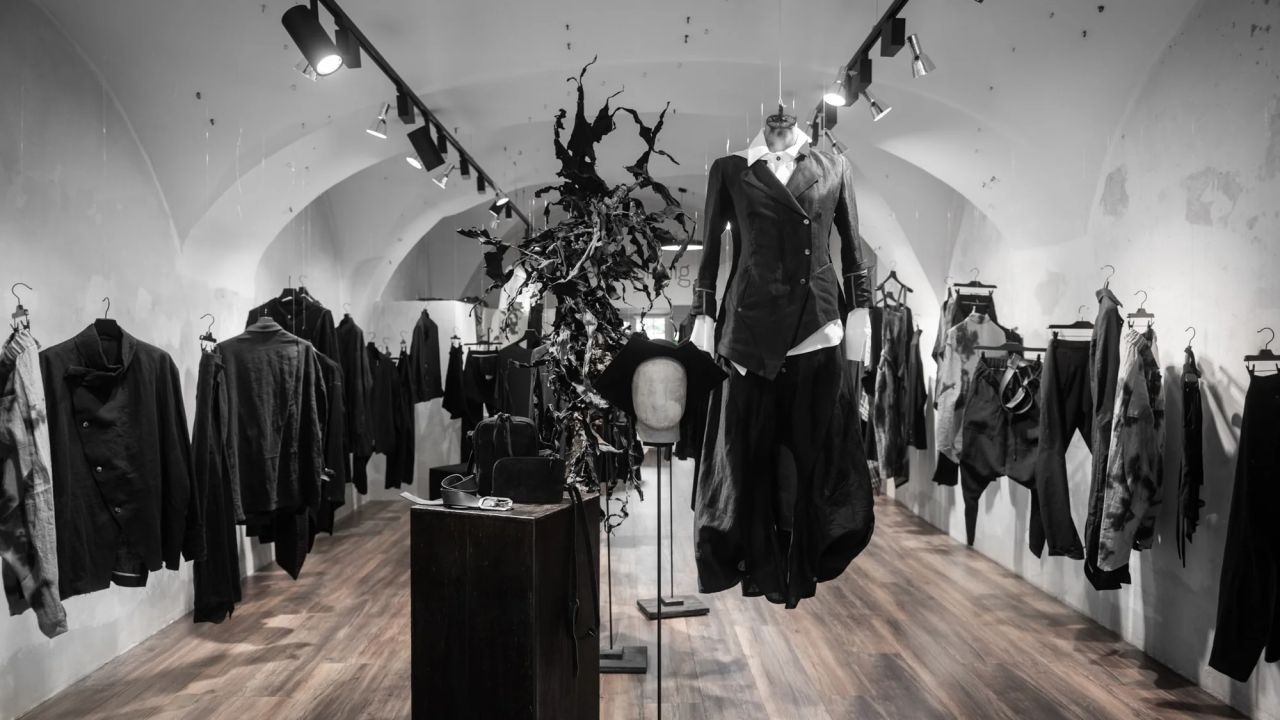


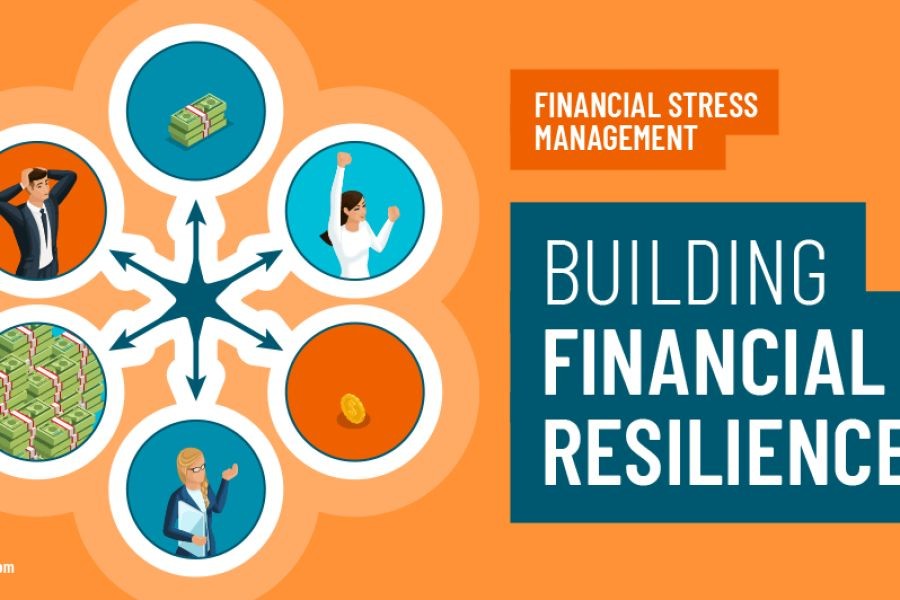





Manchester EICR Limited
2 months ago